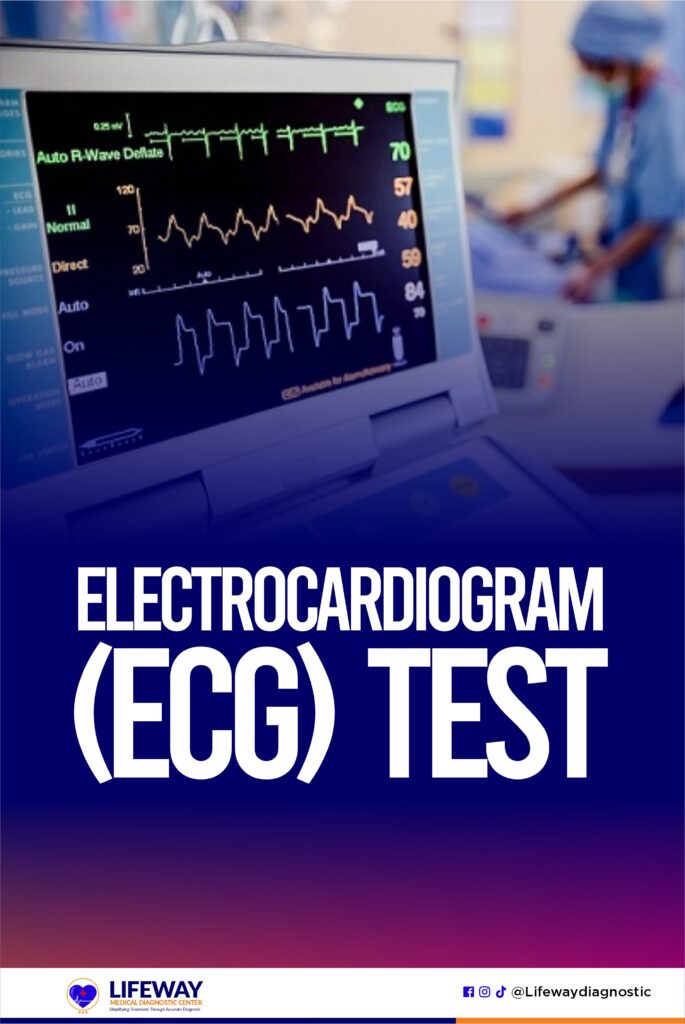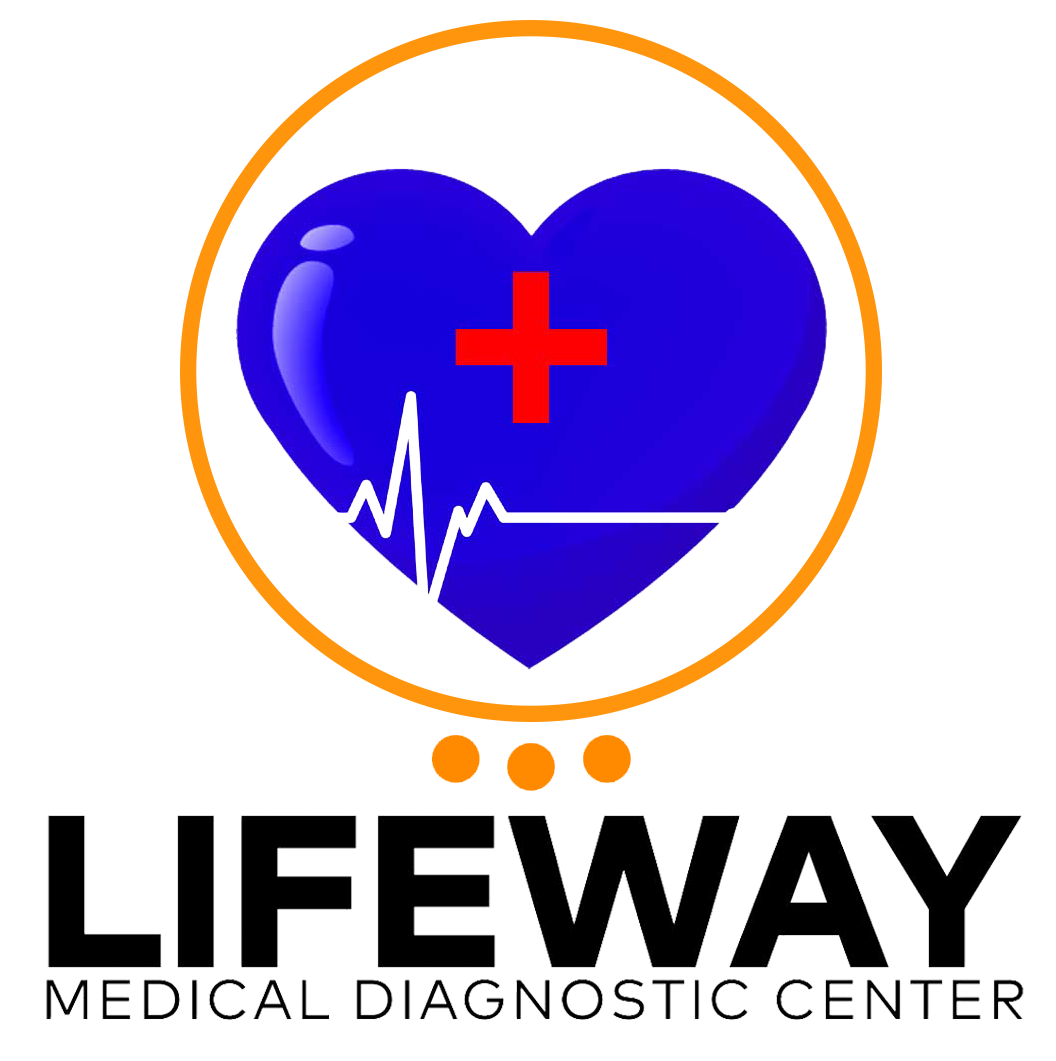Cardiologists commonly use the Electrocardiogram (ECG) test as a diagnostic tool.

An electrocardiogram (ECG) test is a simple and painless procedure that measures the heart’s electrical activity. It helps diagnose heart conditions, detect abnormalities, monitor treatment effectiveness, and assess cardiac risk.
In this blog post, we will explore what an ECG is, how it works, and why it is an essential tool in cardiology.
What is an ECG Test?
An ECG is a non-invasive test that measures and records the heart’s electrical activity. It involves placing electrodes on the skin to detect and amplify the tiny electrical signals generated by the heart’s cells.
During an ECG, medical professionals place electrodes on specific body parts, such as the chest, arms, and legs. These electrodes connect to an ECG machine that detects and amplifies the electrical impulses generated by the heart.
The machine then displays the electrical activity as a series of waves on a graph, representing different phases of the cardiac cycle.
What can an ECG reveal?
ECGs provide valuable information on heart function, including:
- Identifying irregular heart rhythms like atrial fibrillation
- Detecting signs of previous heart attacks or ischemia
- Indicating structural issues like enlarged or thickened heart
- Monitoring the effects of medications on the heart’s electrical activity
Types of Electrocardiogram (ECG) Test
There are different types of ECGs to suit specific needs:
- Resting ECG: This is the most common type, performed while the patient is at rest, providing a baseline assessment of heart activity.
- Exercise stress ECG: Doctors conduct this test during physical exercise, such as walking on a treadmill, to evaluate heart function under stress.
- Holter monitoring: This involves wearing a portable ECG device for an extended period, usually 24 to 48 hours, to capture heart activity during daily activities.
- Event monitor: Patients wear this portable device for longer durations, allowing it to record their heart activity during specific symptoms or events.
Conditions detected through an ECG Test
Some of the conditions that can be detected or monitored through an ECG test include:
- Arrhythmias: Irregular heart rhythms, such as atrial fibrillation, ventricular tachycardia, or bradycardia.
- Myocardial Infarction: Evidence of a previous heart attack or ongoing ischemia (reduced blood flow to the heart muscle).
- Cardiac Conduction Abnormalities: Issues with the heart’s conduction system, such as bundle branch blocks or Wolff-Parkinson-White syndrome.
- Cardiac Hypertrophy: Enlargement or thickening of the heart muscle, often caused by conditions like hypertension or heart valve problems.
- Electrolyte Imbalances: Abnormal levels of electrolytes, such as potassium or calcium, can affect the heart’s electrical activity.
The Importance of ECG in Cardiology
The ECG is a fundamental tool in cardiology, playing a crucial role in:
- Diagnosing heart conditions: ECG patterns can indicate various heart conditions and guide further investigations.
- Monitoring treatment effectiveness: ECGs help track the response to medications, interventions, or lifestyle changes.
- Assessing cardiac risk: ECGs aid in assessing the risk of future cardiac events, such as heart attacks or arrhythmias.
- Screening and preventive care: Doctors can use ECGs for routine screenings, especially for individuals with risk factors or symptoms.
Conclusion
The electrocardiogram (ECG) is an invaluable diagnostic tool that provides critical information about the heart’s electrical activity. It aids in diagnosing heart conditions, monitoring treatment effectiveness, and assessing cardiac risk.
If your healthcare provider recommends an ECG, it is an opportunity to gain valuable insights into the health of your heart and take proactive steps toward maintaining a healthy cardiovascular system.
Contact Lifeway Medical Diagnostic Center to schedule your ECG test appointment and experience our exceptional care and expertise.
